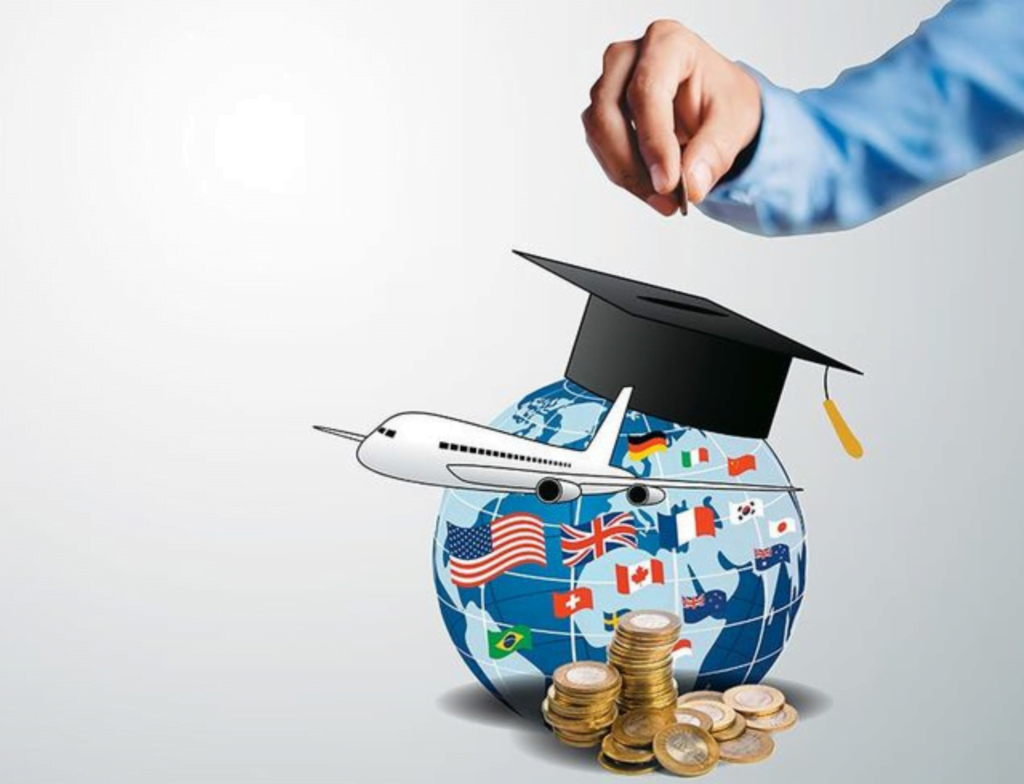This is one of the best priorities the rich Indian families have been opting for in recent years. According to the Global Quality of Life 2024 Survey conducted by HSBC, a substantial number of rich Indians would consider sending their children abroad for pursuing further studies. As suggested by the survey, 78% of the respondents, falling into a range of ₹84 lakh and ₹17 crore, are likely to shift for international education for their children.
Why do wealthy Indians prefer overseas education?
The quality of education is high in countries like the US, UK, Canada, Australia, and Singapore. Though it has dropped to second rank, the US continues to be the most preferred destination for these parents. The UK and Canada fall in the second and third positions, respectively. These countries provide world-class education and, more importantly, provide opportunities for specialisation in some of the fields that are not available in India.
The report also indicates that parents are able to send their children abroad and do so after making sacrifices of most of the retirement savings that they had set aside. Indeed, the cost is high to the extent of sipping up to 64% of the retirement funds of the parents. On average, the annual cost of training the child abroad amounts to an estimate of USD 62,364, making it a sizeable commitment financially.
Financial Burdens and sacrifices
Interestingly, the urge for proper education is so high among the prosperous Indian families that more and more families are able to tolerate strain on their finances. Ironically, a large number of parents are even tapping their general savings, selling assets, or taking loans to finance the education of their children abroad. The study did suggest that even though there were pressures in terms of financial details, investing this amount was indeed worthwhile, as studies are believed to be long-term fruits that would be able to counterbalance the short-term financial issues.
However, parents have their concerns also in sending their children out of their homeland for educational purposes. Among other things, financial cost is the most significant concern among all the concerns that parents have. This financial cost is closely followed by fears that weigh upon the mental, social, and physical well-being of the child. For parents, international education does carry excellent prospects, but there are also emotional and logistical concerns associated with them.
Long-term advantages and significant push factors for overseas education
From the survey alone, it is not very hard to tell that the primary reason wealthy Indian parents choose overseas education is to ensure better standards of education. Quality education comes first but is second only to an opportunity for children to specialise in areas that may be unavailable in India. In addition, global exposure acquired in gaining education abroad prepares children well for successful careers.
Conclusion
The Global Quality of Life 2024 Survey sheds light on the increasing trend where large sections of Indian wealthy families are sending their children abroad for education purposes. Though it digs a financial hole in itself, many affluent Indian families consider this as one of their most important investments in the future of their children. The United States, UK, and Canada are at the top of the wish list of these student aspirants; thus, the quality of education abroad fuels the demand of parents to make heavy financial sacrifices.





